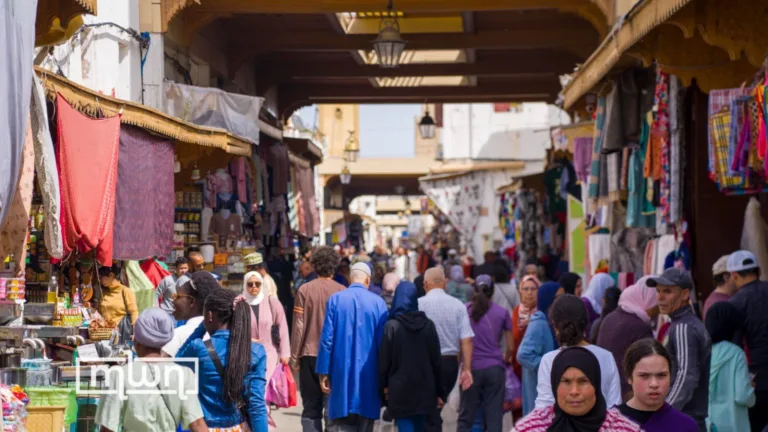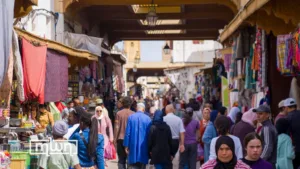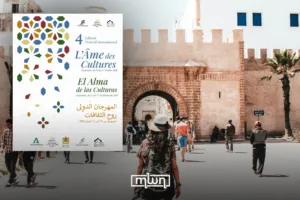It’s amazing how a city can come alive when stories from across the world take center stage.
Marrakech – The inaugural edition of the Lisbon Arab Film Festival kicked off on Tuesday night, featuring the participation of Morocco.
Morocco is represented by two films: “Everybody Loves Touda” by director Nabil Ayouch and “Les Meutes” by Kamal Lazraq. The event will run until October 5th the Portuguese capital.
The opening ceremony, attended by Morocco’s ambassador to Portugal, Othman Bahnini, along with notable figures from politics, diplomacy, culture, and the media, showcased director Ayouch’s film.
“Everybody Loves Touda” follows the journey of a young woman aspiring to become a Cheikha, singing songs of resistance, love, and liberation. Through a series of unexpected events, Touda’s story unfolds in a deeply emotional narrative, highlighting the challenges and resilience of her character.
“The festival aims to celebrate contemporary Arab cinema and promote cultural dialogue between Portugal and the Arab world through a variety of films that reflect the richness of Arab cultural, social, and political life,” said Sawsan Khalifa, co-director of the Arab Film Festival.
In her statement to MAP, Khalifa said that the festival offers Portuguese audiences the chance to immerse themselves in Arab culture, enjoy award-winning films, and engage in discussions with directors and experts.
Ambassador Bahnini remarked during the opening that “the festival not only celebrates Arab cinema but also highlights the diversity and richness of our cultures.” He added that Arab cinema, known for its authentic storytelling, has gained international recognition in recent years, addressing themes such as identity, struggle, and coexistence.
Moroccan cinema, in particular, has made its mark, winning numerous awards at both Arab and international forums. Films like “Everybody Loves Touda” and “Les Meutes” reflect this dynamic — tackling issues of identity, freedom, and solidarity with meticulous precision.
The festival also shines a spotlight on Palestinian cinema, featuring films such as “Bye Bye Tiberias” by Lina Soualem and “Wajib” by Annemarie Jacir. In addition to the two Moroccan films, six other feature-length films from various Arab countries are part of the festival’s program.
















